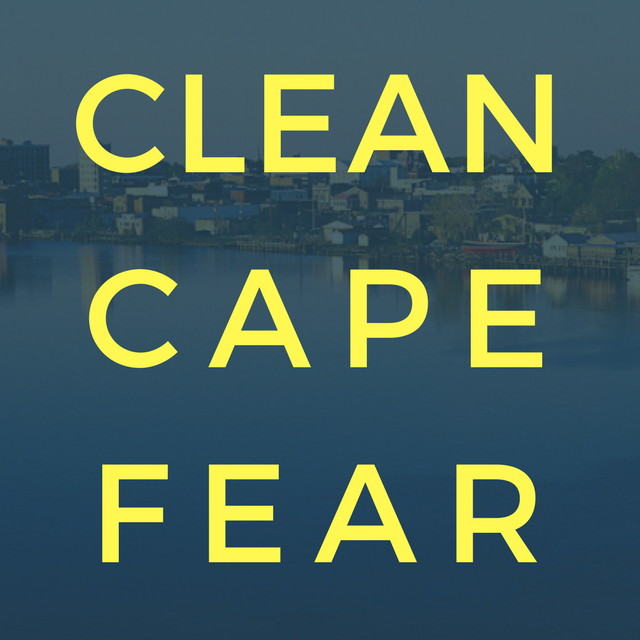Our Favorite PFAS Resources
Health Studies
PFOA and PFOS are the most well studied PFAS on the plant. In 2010, these two compounds were “voluntarily” phased out of commercial use in the United States without a reliable plan to introduce safer alternatives. In their place, hundreds of PFAS emerged as regrettable substitutes. These replacement PFAS are showing up in our air, soil, water and food supply. Here’s some of our favorite resources to review current literature on health effects.
This is a searchable database of over 1,000 toxicity and health studies on 27 PFAS. Academic and non-profit scientists created this search tool to review toxicity studies on lesser known PFAS. Industry sponsored studies are clearly labeled—one of our favorite features! PFOA and PFOS are not included in this database because their health effects are well established. Click here to search the database.
To learn more about the development of this database, click here.
Medical Monitoring
Clean Cape Fear believes residents deserve the right to know what potential health risks are associated with overexposures to PFAS. Unfortunately, accessing comprehensive health data is not readily available. Here’s some information to help empower residents to have informed conversations with their healthcare providers.
PFAS Exchange is a partnership of community and health groups focused on providing online resources for communities experiencing PFAS contamination in their tap water.
The National Academies of Sciences, Engineering and Medicine (NASEM) released first ever clinical guidance on PFAS exposures in 2022. This report reviewed the best available scientific research on PFAS and their associated health risks, then drafted recommendations for health professionals on how best to provide testing, screening and patient care related to PFAS exposures.
Consumer Products
Reducing exposures to PFAS is difficult when manufacturers are not required to disclose where they use these forever chemicals in their consumer products. Here’s a list of organizations and reliable resources working to identify and remove PFAS from everyday products
Green Science Policy Institute is a CA based nonprofit focused on reducing toxic exposures in consumer products and building materials.
Toxic Free Future works with major retailers to end the use of toxic chemicals in products found on their store shelves. They also issue a helpful annual report card on which retailers are committed to providing safe and sustainable products.





